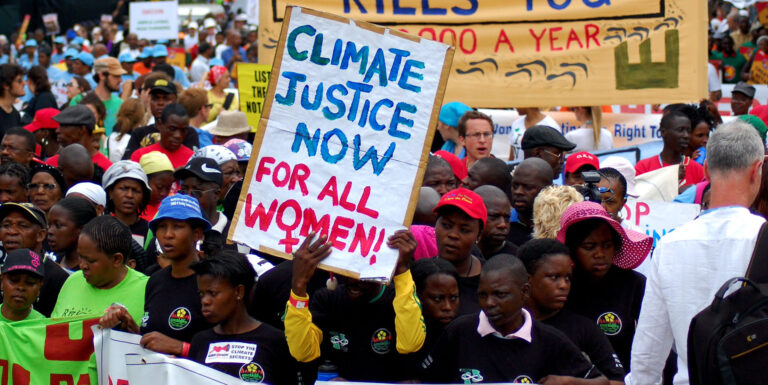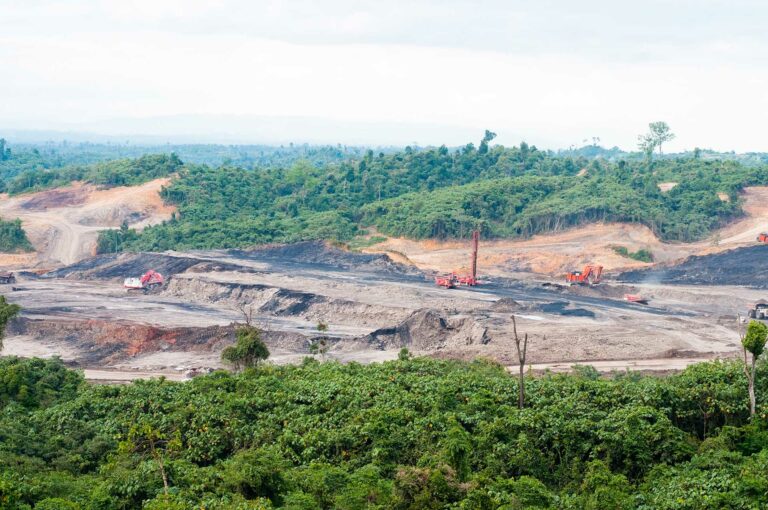The International Court of Justice (ICJ) is the main judicial body of the...Read More
The combustion of fossil fuels, including oil, gas, and coal, is the single largest contributor to the climate crisis, which is threatening the rights of people around the world.
Fossil fuel extraction, transportation, refining, and combustion contribute to serious human rights abuses, including threats to the rights to health, life, water, land rights, and a healthy environment.
Despite longstanding and repeated warnings from the IPCC and other experts about the urgent need to shift from fossil fuels to renewable energy sources to mitigate climate change, fossil fuels still account for roughly 64 percent of global electricity and 84 percent of global primary energy.
Governments continue to subsidize the fossil fuel industry through tax breaks and other policies. In 2020, global fossil fuel subsidies totaled USD$5.9 trillion. To keep fuel prices accessible for consumers, fossil fuel consumption subsidies rose above USD$1 trillion in 2022.
For more about the impacts of fossil fuels and fossil fuel-based products, see the following sections on oil and gas, coal, and plastics and petrochemicals.
Photo Credit: Oil cars unload at the terminal in Saint John, New Brunswick, Canada. Photo by Chris Toe Pher (CC BY-ND 2.0).
More reading...
The Paris Agreement states that: Parties shall cooperate in taking measures, as appropriate,...Read More
The exercise of the right to freedom of assembly and peacefully protest is...Read More
Governments have a duty to ensure that the right to education is respected,...Read More
As governments and companies are transitioning from fossil fuels to renewable energy, minerals...Read More






